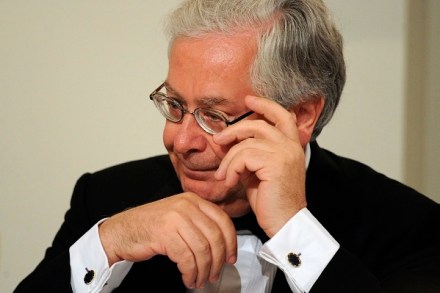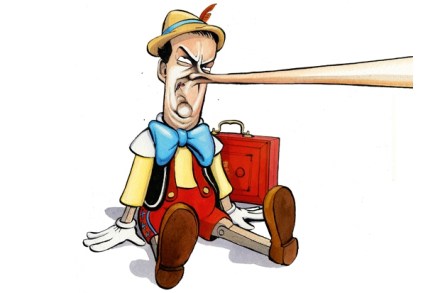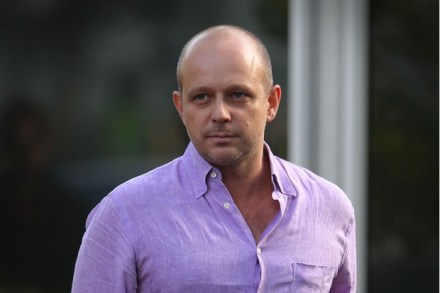Mervyn King hits out at ‘wildly exaggerated claims’ in referendum ‘debate’ – ‘the government has to take some responsibility’
Although Mark Carney has warned that a Brexit is the ‘biggest domestic risk to financial stability’, his predecessor Mervyn King takes a somewhat different approach when it comes to the impending EU referendum. The former Bank of England governor used an appearance today at the Hay Festival to hit out at the ‘wildly exagerated claims’ made in the run-up to the vote. ‘I wondered who would be the first to lower the tone,’ King joshed when asked whether he thought Britain should stay or go. While he declined to give his voting preference — on the grounds that it could make life difficult for Carney — King did let his disappointment



















